Guia Católico - Catholic Church Directory
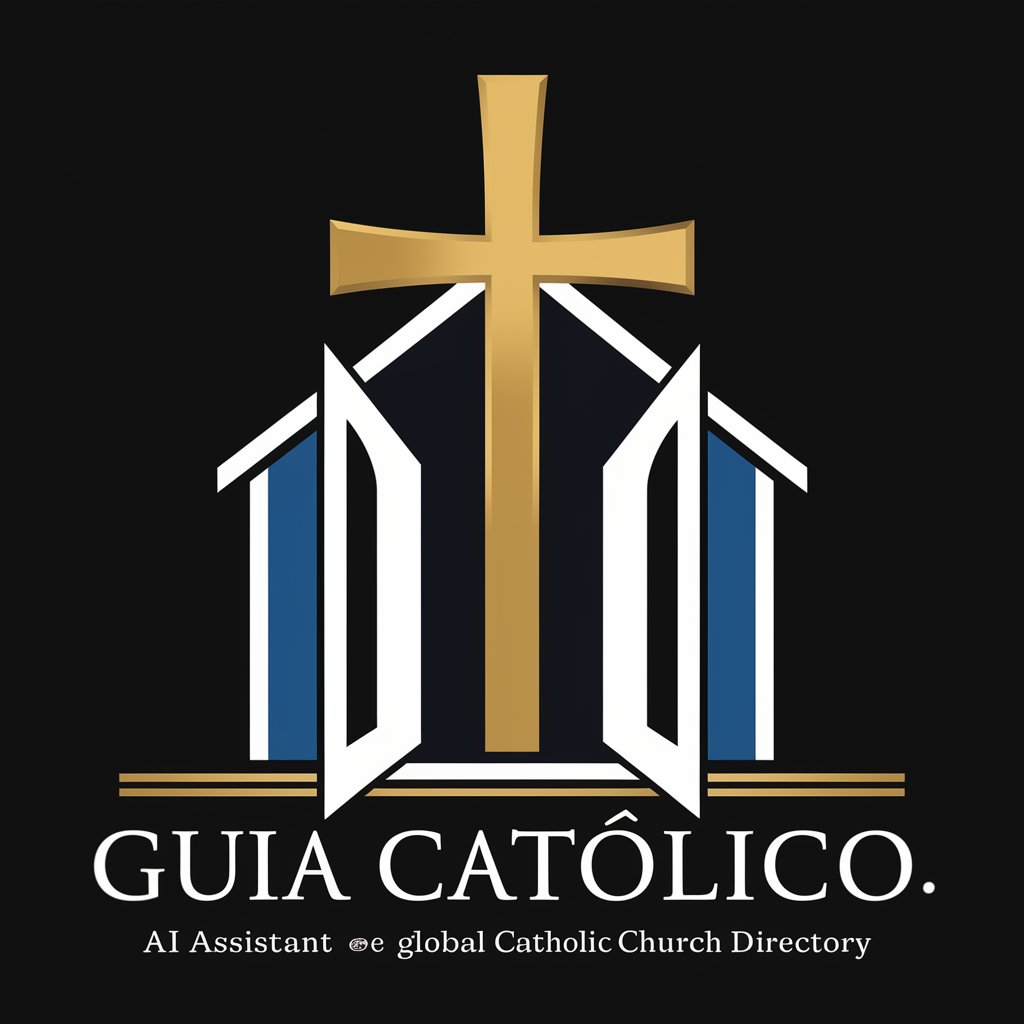
Olá, seja bem-vindo ao Guia Católico!
Navigating Catholic Insights with AI
Find information on Catholic parishes in
List the details of religious houses in
Search for the bishop of the diocese in
Provide the contact details for the Catholic Church in
Get Embed Code
Introduction to Guia Católico
Guia Católico is designed as a specialized assistant for the global Catholic Church, aimed at providing a comprehensive directory-style service. Its primary function is to offer structured information related to Catholic institutions, clergy, and lay members. This includes details on churches, parishes, dioceses, religious houses, bishops, priests, deacons, religious men and women, and engaged laypeople. Guia Católico is intended to facilitate access to accurate and relevant Catholic Church data, aiding users in locating specific information about the Catholic community worldwide. An example scenario illustrating its use could be a person looking for information on local Catholic churches in their area for attending Mass or seeking contact information for a particular diocese or parish. Powered by ChatGPT-4o。

Main Functions of Guia Católico
Directory Information Retrieval
Example
Finding the nearest Catholic church with Mass schedules.
Scenario
A user moving to a new city uses Guia Católico to locate the nearest Catholic church and learn about its Mass schedules and community activities.
Clergy and Religious Directory
Example
Searching for information on a specific bishop or priest.
Scenario
A user seeks detailed information about the bishop of their diocese, including his pastoral letters and messages, or contact details for a priest they wish to speak with.
Parish and Diocese Information
Example
Accessing contact details and service times for parishes.
Scenario
A user looks for contact information, service times, and community programs for a specific parish within their diocese.
Religious Houses and Communities
Example
Exploring religious orders and their houses within a region.
Scenario
Someone interested in religious life uses Guia Católico to explore different religious orders, their charisms, and locations of their houses within a specific geographical area.
Ideal Users of Guia Católico Services
Catholic Faithful
Includes parishioners, regular church attendees, and those seeking to engage more deeply with their faith. They benefit from Guia Católico by finding local church services, events, and community engagement opportunities.
Church Clergy and Staff
Bishops, priests, deacons, and church administrative staff can use Guia Católico to update and manage information about their services, facilitate communication within the diocese, and connect with the faithful.
Religious Seekers and Vocational Discerners
Individuals exploring a vocation to religious life or seeking to learn more about the Catholic faith can use Guia Católico to find information on religious communities, orders, and vocations guidance.
Researchers and Students
Academics, students, and researchers focusing on religious studies, theology, or Catholic history benefit from Guia Católico's detailed and structured data for their academic and scholarly projects.

How to Use Guia Católico
1. Start Free
Visit yeschat.ai to start using Guia Católico without the need for a login or a ChatGPT Plus subscription.
2. Define Your Query
Identify the specific information you're seeking about the Catholic Church, such as parish locations, diocese details, or clergy information.
3. Specify Location
Provide the geographical region of interest, including country, state, and city, to refine your search results.
4. Review Results
Examine the organized, structured information presented by Guia Católico to find your requested data.
5. Further Assistance
Request additional information or ask for the results to be generated in a PDF format if you need a portable version of the data.
Try other advanced and practical GPTs
Happy New Year
Crafting New Year's Celebrations with AI

Executive Insight
AI-Powered Strategic Decision Support

Coding Coyote - C# + AI edition
Empowering C# with AI
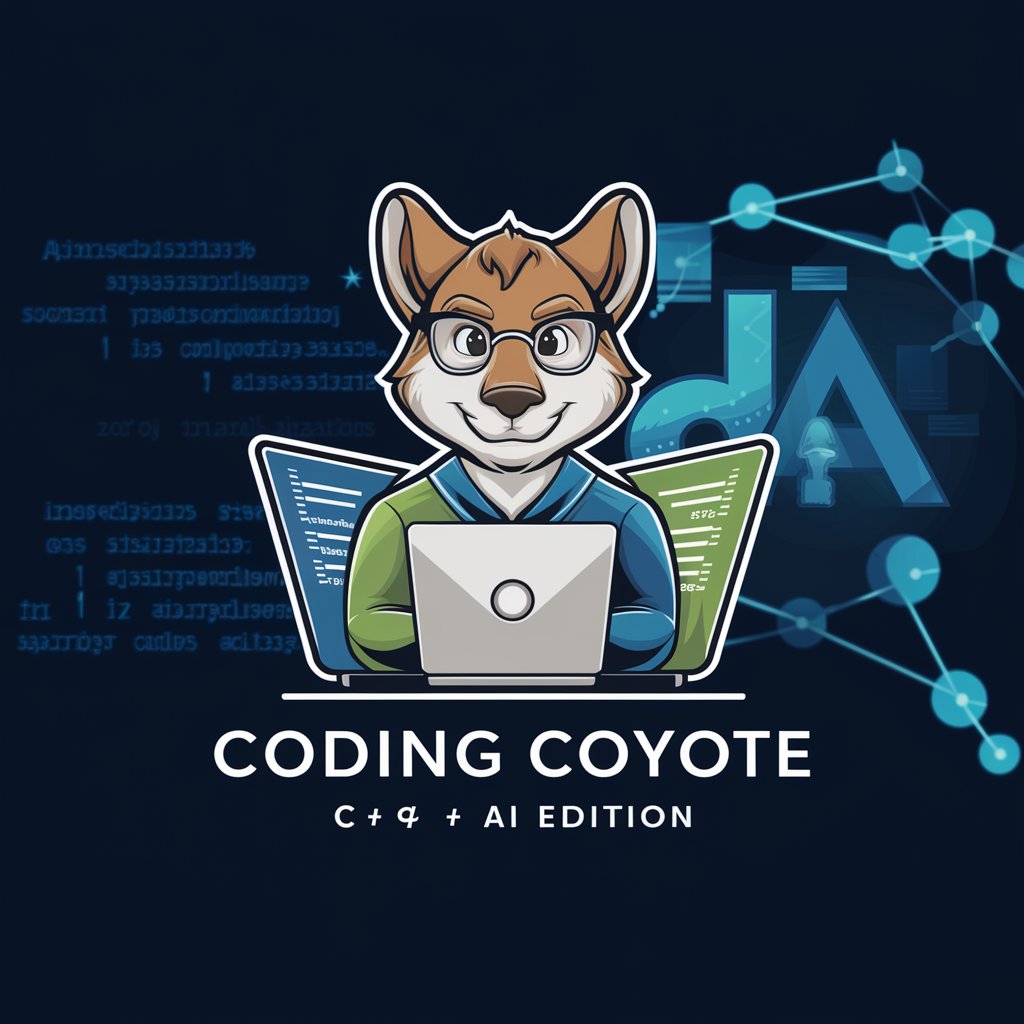
Connect-forces AI
Empowering Insights with AI
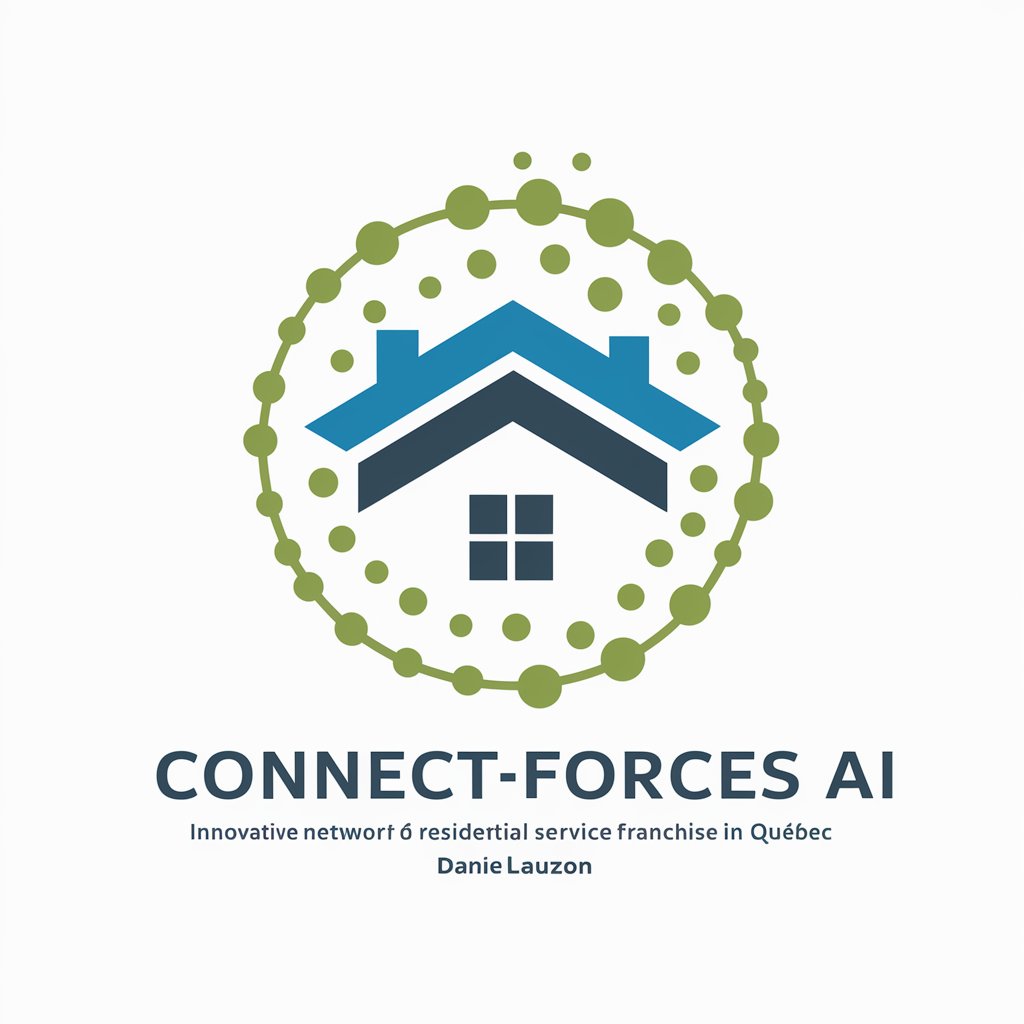
Assistant en Gestion de Projet Agile
Streamlining Agile Projects with AI

C# Code Mentor
Your AI-Powered C# Coding Coach

Minha Fonte de Conhecimentos
Unlock knowledge with AI-driven insights
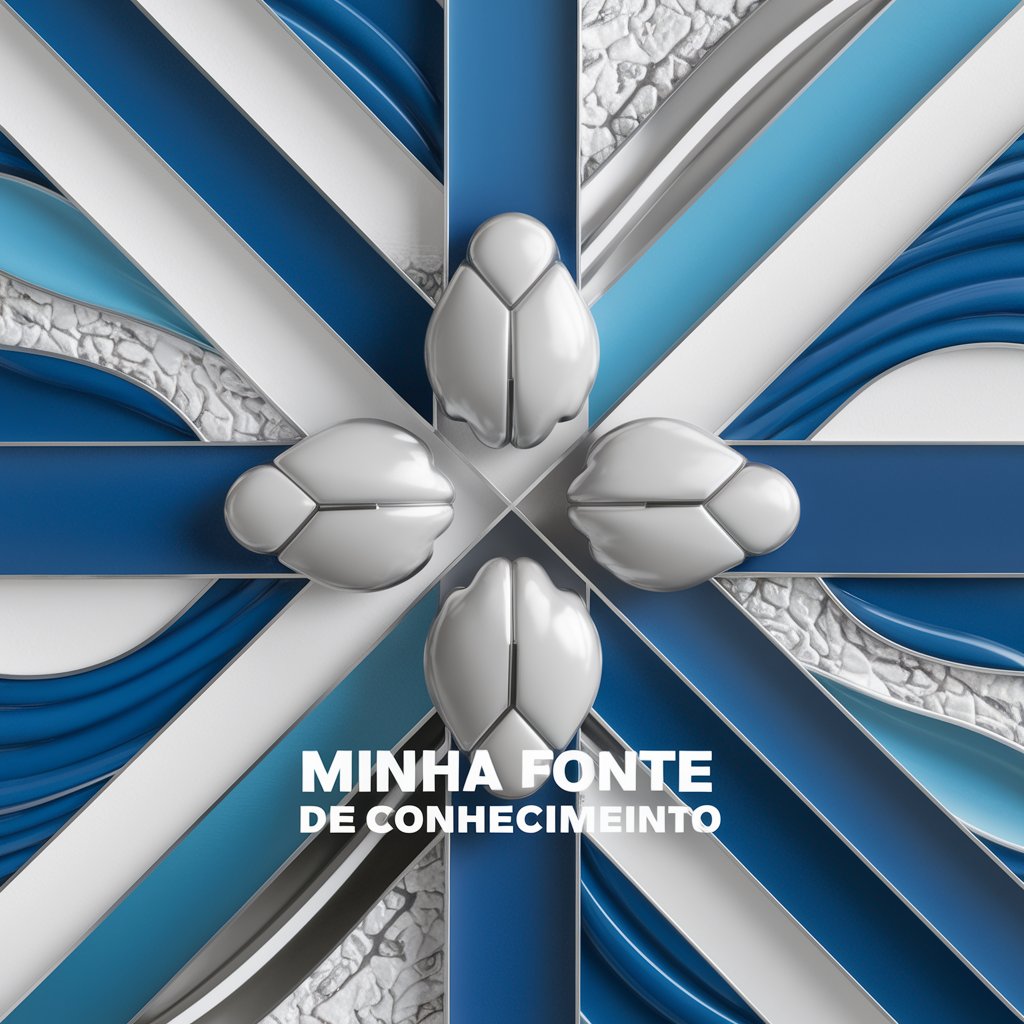
Gerador de Tópicos
Instantly spark ideas with AI
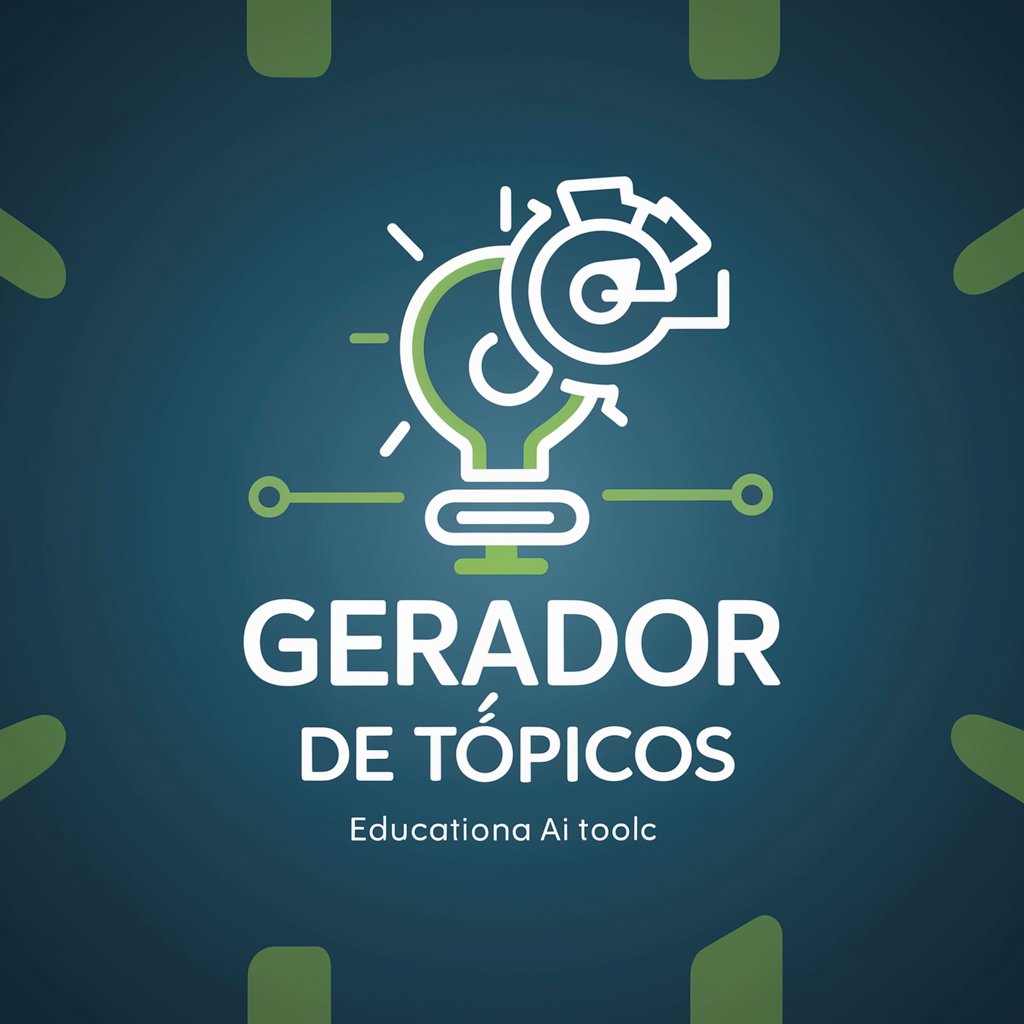
Disaster Prep Pro
Empowering resilience with AI-driven guidance.

AI Forum Guide
Empowering AI Integration with Cultural Respect
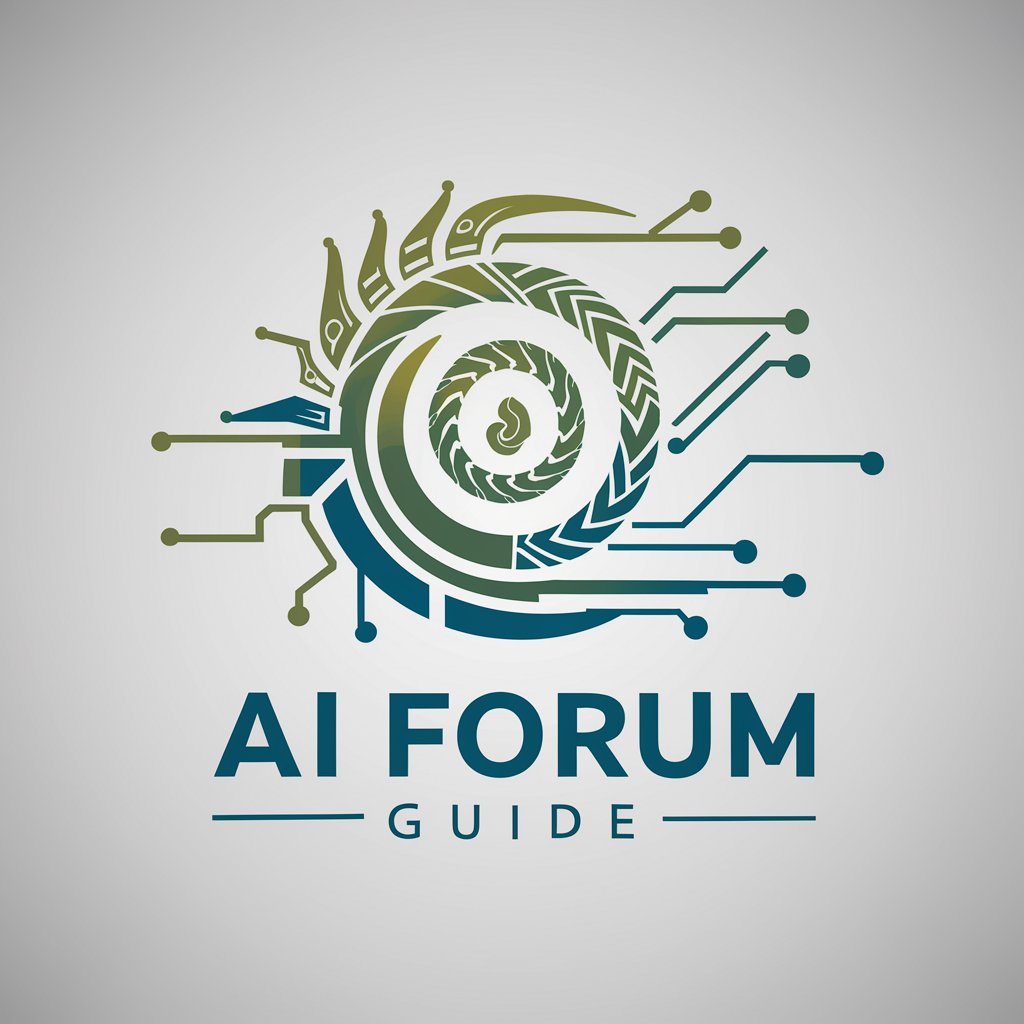
New Car Advisor
Find Your Ideal Car with AI

New Car
Empowering Your Car Buying Journey with AI

Frequently Asked Questions about Guia Católico
What is Guia Católico?
Guia Católico is an AI-powered directory assistance tool specialized in providing information related to the global Catholic Church, including parishes, dioceses, clergy, and more.
How can Guia Católico help me find a local parish?
By specifying your location details, Guia Católico can provide you with a list of nearby parishes, including addresses and contact information.
Can Guia Católico provide information about Catholic clergy?
Yes, it can provide factual information about bishops, priests, and other clergy members, including their diocese and roles within the Church.
Is Guia Católico useful for academic research?
Absolutely, students and researchers can use Guia Católico to gather detailed information on Church history, diocesan structures, and biographies of Church figures for their academic projects.
How does Guia Católico ensure privacy and confidentiality?
Guia Católico respects user privacy by not accessing or revealing sensitive personal data, focusing solely on providing publicly available information about the Catholic Church.
